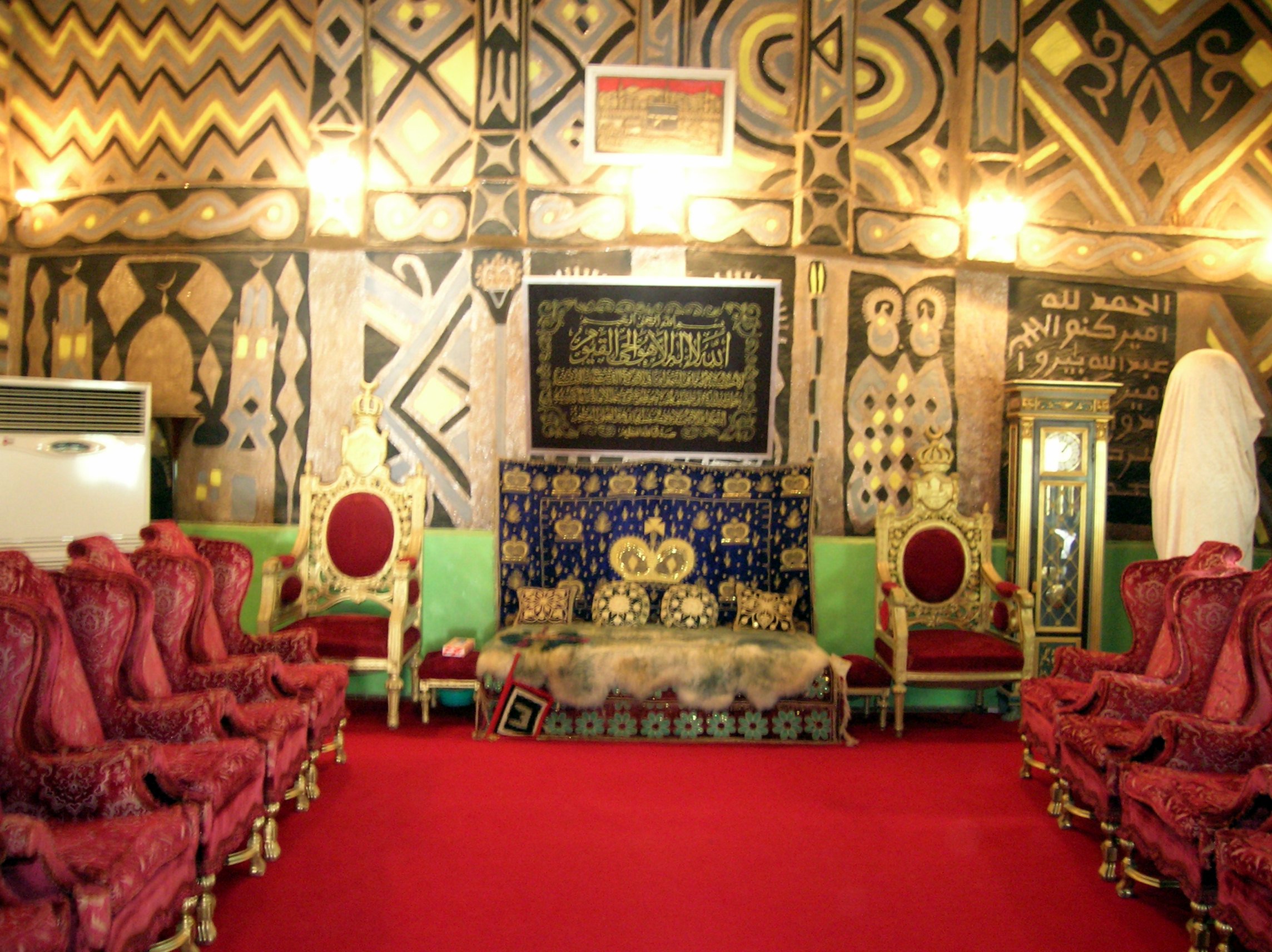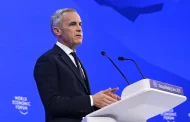There is one more disquiet over what has passed into everyday language as balkanization of Kano Emirate by the Kano State Government in Nigeria. In a long running battle following perceived ‘crime’ of campaigning for opposition by the Emir of Kano, the All Progressives Congress Government of Kano State created four additional emirates of Bichi, Gaya, Karaye and Rano out of the emirate. Whatever genuine reasons might be there to warrant the action has been overshadowed by its representation as vindictiveness driven by pettiness. But the government has not relented.
The Yolawa Clan in the now split Kano Emirate is crying being decentered from primacy in the scheme of things by the exercise and is calling on not a few big players in the Nigerian power order to intervene and stop what it calls balkanization.

Among these players are President Muhammadu Buhari, the Sultan of Sokoto, all Nigerian traditional rulers and the Northern emirs and chiefs in whose cultural and territorial domain the feud is brewing.
While acknowledging President Buhari’s recent efforts at reconciliation, the clan is urging him to be mindful of the upheavals and security crisis which what it calls “this unwarranted action” could precipitate. The clan says it may be the turn of other traditional rulers if they turn a blind eye to what Kano Emirate is experiencing “as they presently seem to be doing”.
It is also calling on Governor Abdullahi Ganduje to reorder the priorities of his administration and the legacies he seeks to leave behind, arguing against the governor balkanizing Kano or destroying “our 1000 years of emiral heritage”.
A June 14th, 2019 statement by over a dozen members of the elite under the name Yolawa Union is not only categorically rejecting and indicating its total opposition to the new ‘emirates’, it is also saying the new emirates do not meet the yearnings and aspirations of vast majority of Kano citizens. Furthermore, the union does not accept that the exercise is promotional of peace, harmony and good governance but their direct opposite.
The statement argues that the balkanization has put the clan in a dilemma contrary to the heritage of eminence the union listed. It lists a number of grounds why this is so.

A governor and an emir
The governor has now supplanted the traditional electors or kingmakers while also being the approving authority, leaving the position of the Madaki being Chairman of the Kingmakers’ Council very ambiguous.
The Yolawa, under their leader, the Madaki, have always pledged their allegiance which is always to a single authority and which is the Emir of Kano, from a religious and cultural standpoint.
Under the proposed new emiral arrangements, Sarkin Shanu who ranks higher than that Sarkin Karaye is being subordinated to ‘Sarkin Karaye’ which the union regards as an aberration. So also is the case of Dankadan Kano said to be experiencing subordination to ‘Sarkin Rano’ said to be lower in Kano traditional hierarchy.
As Anthony Kirk-Greene, Oxford University’s academic veteran of Northern Nigerian politics remarked in his 1998 review of M. G Smith’s Government in Kano, 1350-1950, the politico-cultural legacy of what is now the Hausa-Fulani is unambiguously a factor in contemporary Nigerian politics, irrespective of “how real or acutely perceived is beside the point here”. The unfolding tussle in Kano triggered by the 2019 elections is thus about but beyond Kano.




























